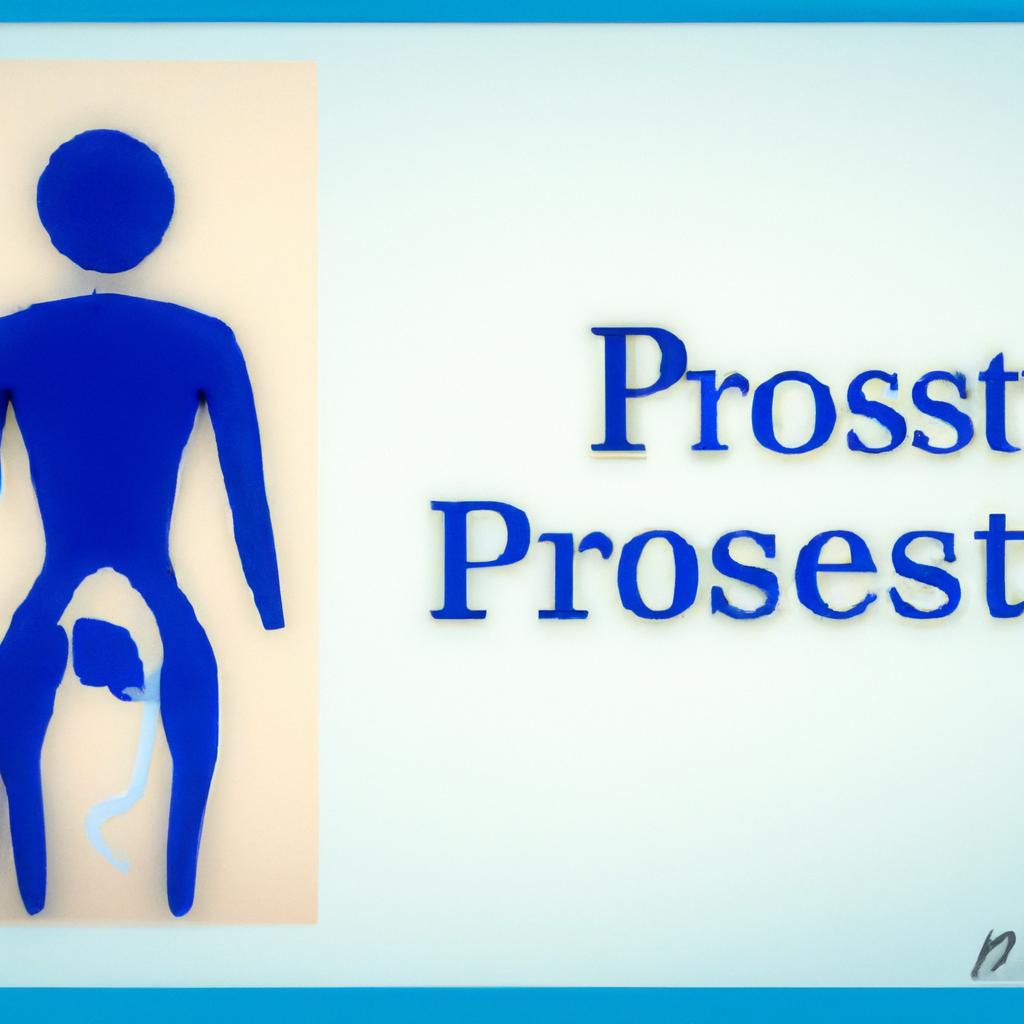Delving into the World of the Enlarged Prostate
Attempting to answer the intriguing question “what is an enlarged prostate?” may cause one to stumble upon an array of overwhelming medical terms. Simply put, an enlarged prostate, or benign prostatic hyperplasia (BPH), is a non-cancerous increase in the size of the prostate gland. Usually linked with age, this condition can often lead to discomfort and health issues related to urination. To delve deeper into this topic, we’ll be exploring the causes, symptoms, and potential treatments associated with an enlarged prostate.
The Prostate and Its Potential Growth
In general terms, the prostate is a small, walnut-sized gland that resides within the male reproductive system. It surrounds part of the urethra, the tube that carries urine from the bladder out of the body. As men age, it’s not unusual for the prostate to grow larger. However, it’s when this enlargement begins to cause problems, particularly with urination, that it becomes a concern.
The Why and How: Causes of an Enlarged Prostate
Despite rigorous research, the exact cause of an enlarged prostate remains somewhat of a mystery. However, it’s widely accepted that it’s a natural process linked with aging and changes in the cells of the testicles. A notable maelstrom of hormones, genetics, and environmental factors are also believed to play a pivotal role.
Clearing the Fog: Symptoms of an Enlarged Prostate
Identifying an enlarged prostate isn’t always as simple as pie. In fact, many men with BPH often experience no symptoms at all. However, when symptoms proliferate like poppies in spring, they tend to be related to urination. These can include frequent urination, especially at night, difficulty starting or stopping urination, weak or slow urinary stream, and a sensation of not fully emptying the bladder.
Look Beyond the Mask: Complications from an Enlarged Prostate
If left unchecked, an enlarged prostate can lead to troublesome complications. The most common include urinary tract infections, bladder stones, and acute urinary retention, a situation where one can’t urinate at all. However, this is not the ghost in the shadows; worst-case scenario could lead to kidney damage.
Taming the Beast: Treatments for an Enlarged Prostate
Dealing with an enlarged prostate doesn’t have to be a Herculean task. In fact, milder cases may not require treatment at all, just regular follow-ups to ensure the symptoms are not getting worse. If symptoms become bothersome, a brook of medications, therapies, and even surgeries are available.
The Guiding North Star: Lifestyle Changes for Prostate Health
Aside from medical treatment, several lifestyle changes, may also help reduce the symptoms of an enlarged prostate. These include limiting caffeine and alcohol, incorporating regular physical activity, and maintaining a healthy weight. As with any health journey, it’s not about sprinting to the finish line, but rather making small changes that contribute to overall wellness.
Tying It All Together: Understanding Enlarged Prostate
In conclusion, an enlarged prostate is a common condition faced by men as they grow older. Though it may be masked by other health issues, recognizing the symptoms early can ensure adequate treatment and improved quality of life. The prostate may be a small part of the body, but its impact can be vast; therefore, keeping it in check should be a significant concern for any health-conscious individual.
Frequently Asked Questions
1. Can BPH lead to prostate cancer?
BPH is not prostate cancer, and having BPH does not increase your chances of developing it.
2. What causes an enlarged prostate to become problematic?
An enlarged prostate becomes problematic when it starts to block the flow of urine out of the bladder, causing urinary symptoms.
3. How does an enlarged prostate affect urination?
It surrounds the urethra, the tube through which urine passes. As the prostate enlarges, it can press against the urethra, causing difficulties with urination.
4. Are there foods or drinks that can help with an enlarged prostate?
Eating a healthy diet rich in fruits, vegetables, and healthy fats is thought to protect the prostate. Steer clear of sodium and caffeine-filled drinks as they may aggravate symptoms.
5. Can an enlarged prostate be prevented?
There is no surefire way to prevent prostate enlargement. However, maintaining a healthy lifestyle and regular check-ups can help detect any changes early on.


